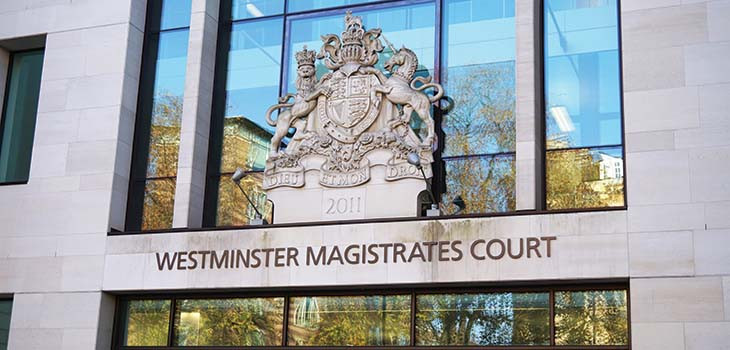
- Raises questions about the Home Secretary’s decision to try to delay the extradition of ‘British Bill Gates’ Autonomy founder, Dr Michael Lynch.
- Suggests the Home Secretary’s conduct ‘comes worryingly close to political interference’.
Until 2012, Dr Michael Lynch was Chief Executive Officer of Autonomy, a company he founded in 1996. Autonomy had developed highly successful software for storing and searching ‘unstructured data’ such as voicemail and email. In October 2011, Autonomy was sold to Hewlett Packard (HP), the US tech giant, in a deal that valued the company at £7.4bn. Dr Lynch reportedly made £500m from the sale and was hailed as the ‘British Bill Gates’.
In March 2015, however, HP commenced proceedings in the High Court alleging Lynch had dishonestly inflated Autonomy’s value by more than £5bn, leading to what is thought to be the UK’s biggest ever civil fraud trial. In September 2019, the US government requested Lynch’s extradition









